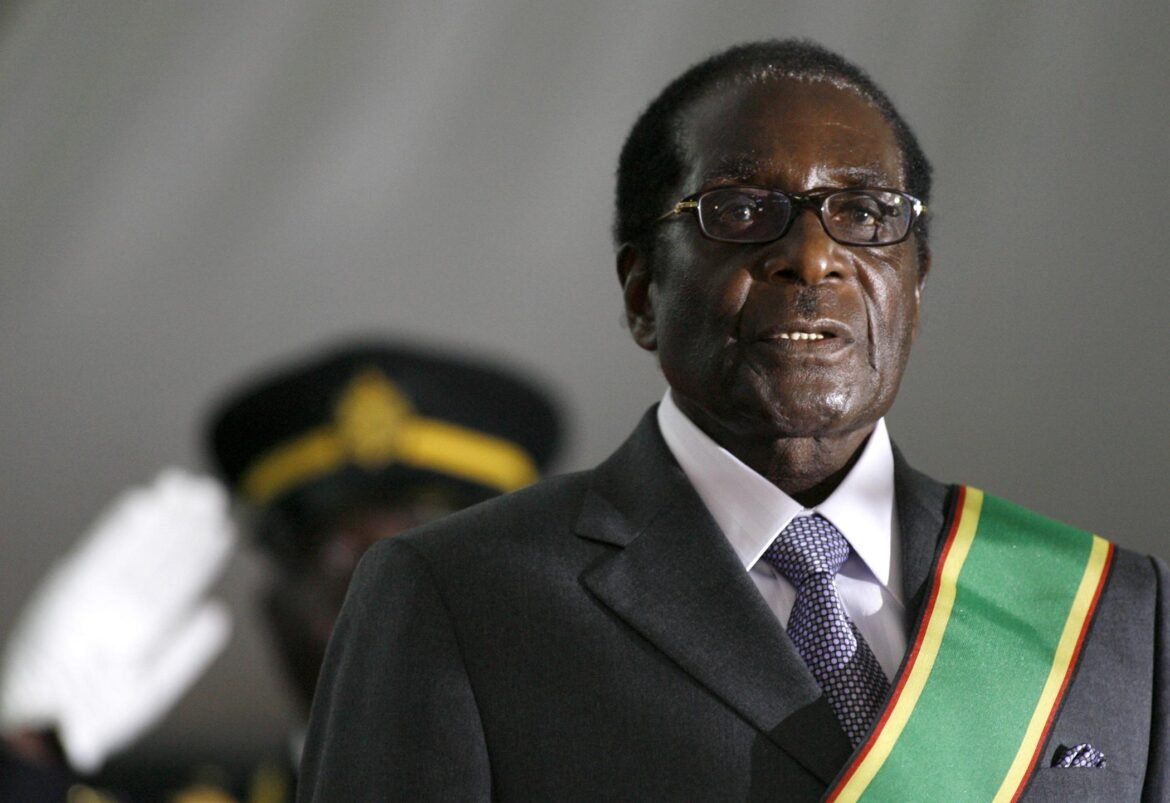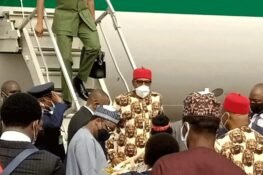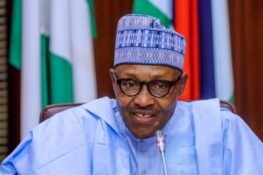Nearly 40 years after leading his people to freedom from British colonial rule, an Africa giant and former president of Zimbabwe, Robert Gabriel Mugabe, departed. Many obituaries will be written and most will not align because he was both a hero and villain.
An agreement on his legacy will be elusive because he bequeathed dual artifacts as a great African and a typical tyrant; a nationalist and tribalist; both revolutionary and static, visionary and heedless. He was everything good and bad as he continued in power past his useful and productive years.
Robert Mugabe exemplifies both the strength of the African spirit and the weakness of her minds. The promise was much and the momentum was powerful, but in his moment of grace, he faltered by falling to his own sense of might.
The British took over in Zimbabwe around the close of the 19th Century and established a whites-for-whites rule, similar to that of South Africa, where the indigenous African population of blacks were converted to paid servants.
Rhodesia, as Zimbabwe was then known, was renowned for its disregard for human rights, making any hope of liberation from the rough boots of white minority rulers bleak, until Mugabe emerged in the late 1950s – a teacher with an exceptional rhetoric ability intent on fighting for independence.
Mugabe started rebellion with a rag-tag militia, as was common among liberation fighters at the time. Few gave him a chance, but his onslaught against the white regime of Ian Smith and the stooge black African government of Bishop Abel Muzorewa was remarkable.
Mugabe and several colleagues paid their dues as leaders through jail time and exile, before his ZANU militants mounted a surpassingly strong war against the Rhodesian regime, using Mozambique and Zambia as their base.
One of the great credits due to the former Zimbabwean leader was his ability to win international support for the cause against the colonial government, even after years of his incarceration.
Nigerians would remember the support of the Obasanjo military government, which denied economic opportunities to British corporations in a concerted effort to force the white minority into ceding power to the majority black population in Rhodesia.
Thousands of Rhodesian youths were brought to Nigeria to be educated on Nigeria’s budget. I had Zimbabwean schoolmates in secondary school who benefitted from this large-hearted Nigerian gesture, even though university, until they were able to return home after independence.
The liberation war led by Mugabe would eventually force the white majority government to accede to a British-negotiated settlement, and an ultimate independence in 1980. Mugabe then won an election and became the country’s first president.
He fought gallantly and won. He was a hero. That ended chapter one of Mugabe’s life. Today, that is all most African leaders would like to remember him by. The good part.
Chapter two is a story of a tyrant. If he had died at that point, he would have been a giant in the mold of the late South African President, Nelson Mandela. But he did not have the class and the beauty of mind of Mandela. He went the way of most African leaders and grew to become a despot, who ravaged a once prosperous nation.
He turned himself into a typical African dictator, who, instead of preserving the prosperity of Rhodesia, presided over a nation that ultimately collapsed under his watch.
Zimbabwe started in 1980 as one of the most vibrant economies in Africa with massive investments and a promise of economic prosperity. By the time Mugabe was ousted after 37 years in power, the country had been visited with massive poverty. According to a recent World Bank report, “Zimbabwe’s economy is at a crossroads.”
Today, 72 percent of the country’s population now lives in chronic poverty, with double digit unemployment rates after years of hyper-inflation.
By 2013, Zimbabwe’s national public account held just $217 and the current account balance for the whole country is negative, standing at around minus $517 million. Two months ago, inflation had increased to 175 percent after a new Zimbabwean dollar and the ban on foreign currency were introduced by a post-Mugabe administration.
Mugabe made enemies instead of friends and embraced confrontation and provocation instead of diplomacy. He signed into law a contentious Empowerment Bill which required all White or foreign-owned business to hand over 51 percent of their business to indigenous Zimbabweans.
While this law had many defenders, it was predicted it would plunge the nation into ruins and it did. It drove away the white farmers who were the engine of the economy instead of creating a land-sharing formula that would ensure the black population also had access to agricultural land.
It was not just the economy that suffered from the strong arm of Mugabe. The nation’s politics was also afflicted. He decimated his partner in the independence struggle, Joshua Nkomo, who Mugabe described as the “cobra in the house”.
Within a few years of taking office, Nkomo was purged from the cabinet as Mugabe devised tribal politics to consolidate his grip on power.
Mugabe ran the nation with strong-arm tactics, imprisoning his opponents without cause and driving many out of the country. No fewer than one million Zimbabweans have emigrated to South Africa, becoming the largest single group of foreigners in in that country. I have a Zimbabwean friend; almost his entire family are in South Africa.
When Mugabe came to power, the average life expectancy in Zimbabwean was about 60 years; by the year 2000, life expectancy was the lowest in the world, somewhere below 35.
Perhaps, Mugabe’s greatest failure was that he failed to do a self-evaluation and acknowledge he had veered off course. He was reckless in his stubbornness and arrogant about his beliefs. He fell to pride.
As the sun began to set, Mugabe lingered in power and defecated on his people’s love for him. He famously stated only God will remove him from power. He had hoped to die in power, and apparently wished that his ambitious wife would replace him.
God had a joke on him though. In November, 2017, his reign came to an abrupt end when the military staged a coup. The world breathed a sigh of relief. Although, he disgraced out of power, he had laid to waste a nation that was once an envy of other African countries.
Many African leaders have continued to eulogize the Mugabe whose useful life ended in 1980. They are failing to describe the Mugabe who was disgraced out of power in 2017.
No doubt, Mugabe will be remembered as a great African warrior, who liberated his people from oppression. But make no mistake: he will also be remembered as a vicious dictator, a greedy and selfish leader and an unwise administrator who inflicted untold hardship on his people.
Mugabe leaves us in the way of many other African leaders, who fought hard to gain independence from colonial rule, but fell to the base of their nature by choosing to keep a hold on power, long after the useful shelf life.








